News & Media
Unisa kicks off National Postdoctoral Fellowship Forum
Unisa has made history by hosting the 3rd National Postdoctoral Fellowship Forum. This prestigious three-day event which began on 3 July 2024 at the university’s main campus, brings together a diverse group of stakeholders, including postdoctoral fellows, administrators, funders, and service providers.
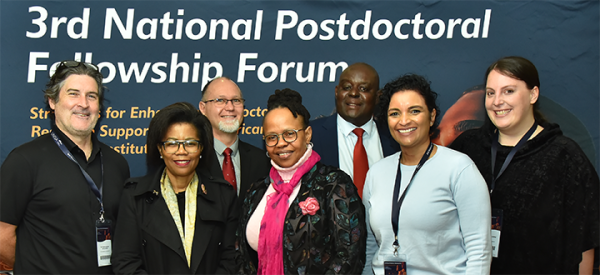
Front row, from left: Prof Puleng LenkaBula, Unisa Principal and Vice-Chancellor, Prof Thenjiwe Meyiwa, Vice-Principal of Research, Postgraduate Studies, Innovation and Commercialisation, and Mandy Jampies, Senior Officer, Postdoctoral Fellow Co-ordinator, Research Development, University of the Free State Back row, from left: Dr François van Schalkwyk, Academic Researcher from the University of Stellenbosch, Prof Les Labuschagne, Executive Director of Research, Innovation and Commercialisation, Harry Bopape, Director of Research Support, and Shanna Nienaber, Programme Manager: Water Research, Development and Innovation (RDI) Roadmap, Water Research Commission (WRC)
In addition, the forum witnessed the launch of the first edition of a guideline booklet for postdoctorates, titled New guidelines for the appointment, retention, and development of postdoctorates, prepared by Dr François van Schalkwyk, Academic Researcher from the University of Stellenbosch, coordinated by the DSI-NFR Centre for Excellence in Scientometrics and Science, Technology and Innovation Policy (SciSTIP), hosted by the Centre for Research on Evaluation, Science and Technology (CREST), Stellenbosch University, and funded by the Oppenheimer Memorial Trust (OMT).
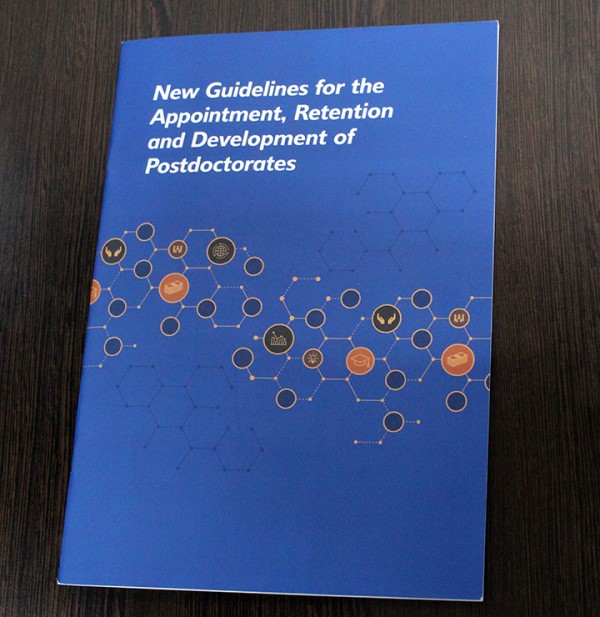
New handbook with guidelines for the appointment, retention and development of postdoctorates
Utilitarian value of research
In her welcome address, Unisa Principal and Vice-Chancellor (VC), Professor Puleng LenkaBula, stated that she is appreciative of this programme aimed at discussing strategies for enhancing postdoctoral research support at South African research institutions. She continued: “I am delighted to see a rich and diverse array of relevant institutions, partners and leaders represented here today, because it is important that the scientific agenda of any country or continent is anchored by science councils through conversations, collaborations and dialogue within universities.”
The VC explained that the idea for postdoctoral fellows is not just applicable to research, teaching and learning, engaged scholarship and forming the next professoriates. In addition, she said, it is intended to anchor the diversification of multidisciplinary, multiethnic, multicultural, and multinational encounters that enrich research while affording opportunities for contrasting the diverse geo-political, geographic and learning environments where research is located.
“As postdoctoral fellows,” she said, “we should ask ourselves how our continent is going to make global research contributions to enhance our competitive edge in the world in areas where African universities are not seen to be contributing as much as they should.” The VC expressed that Africa only contributes between 4% and 6% of global research, to which, she said, “we need you postdoctoral fellows to engage in these statistics, analyse and recontest and find the contributions of our universities.”
The VC mentioned that many of African scholars are often acknowledged as basic or nascent researchers, while complex and innovative research that is translated into products, process systems or intellectual property with possibilities for commercialisation are often transferred to the Global North. She continued: “It is imperative for us to look into these questions and ask how as universities we should invest in the plight of our universities in ensuring that our research becomes global.”
The VC explained that Unisa conceptualised ten catalytic niche areas in 2021, “to pivot the conversation and multidisciplinary aspects between national sciences, technology, humanities and social sciences. We do so with the knowledge that our country and the continent are not competitive in these areas which require our attention and investment.”
Concluding, the VC urged the postdoctoral fellows to look into expanding their horizons, by dipping deep into the areas that African countries require critical research. “Such research,” she said, “will not only benefit you as scholars but also your societies.”
Bear tangible values
Professor Thenjiwe Meyiwa, Vice-Principal of Research, Postgraduate Studies, Innovation and Commercialisation, stated that much as she is appreciative of this fellowship forum, she is aware of the key challenges that the postdoctoral fellows are faced with, which draws their research into a stalemate. She explained: “Every conceivable angle of the postdoctoral fellowship is going to be discussed, including those topics that are uncomfortable, which include, among others, funding support, visas and immigration, SARS rulings, and stipend standardisation.”
“At Unisa,” said Meyiwa, “we are intent on supporting and strengthening areas of research, including the ten catalytic niche areas. In addition, we have realised that some of our postdoctoral fellows have gone far beyond the bar, which is why we have introduced the senior postdoctoral fellowship category to such individuals to ensure that we strengthen and retain them within the university.”
She continued: “Consistent with Pillar Two of the university, which is to propel research and innovation, our postdoctoral strategy is not only to improve research activities, but to also learn from them. We therefore expect the activities of active researchers at all universities represented in this forum to bear tangible values.”
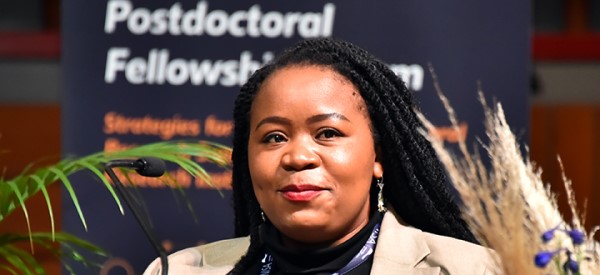
Dr Palesa Mothapo, Director of Research Support and Management at the Nelson Mandela University
Introduction of the postdoctoral guidelines
Introducing the new guidelines booklet for the appointment, retention and development of postdoctorates, were Dr Palesa Mothapo, Director of Research Support and Management at the Nelson Mandela University, and Van Schalkwyk. The handbook contains comprehensive details on functions of postdoctorates, eligibility criteria, remuneration and benefits, and a code of conduct, among others. The handbook signifies a commitment to fostering a well-supported postdoctoral research environment by the various stakeholders that took part in its creation.
Views from the postdoctoral fellows
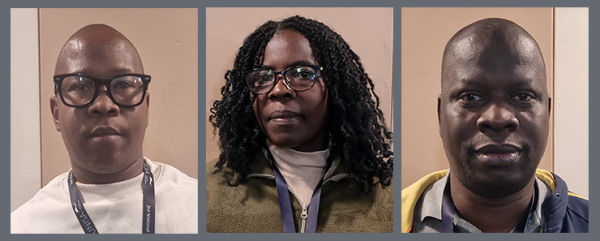
From left: Dr Thato Khunoana, Dr Rosemary Madzore and Dr Vojo Fusina
Dr Thato Khunoana, Department of Life and Consumer Sciences, College of Agriculture and Environmental Sciences
I want to find out how this fellowship can benefit us. The guidelines introduced today have shed some light on how they are going to assist us as postdoctoral fellows, because we are not recognised as students or employees, and it is therefore imperative that we have a standing with distinguishable recognition. I hope this conference will give us tools on how to enhance our knowledge in, for example, applying for funding, and getting experience in teaching, among other things.
Dr Rosemary Madzore, Department of Psychology, College of Human Sciences
There are questions to which I hope to get answers. We experience challenges, particularly when we have to publish our papers – in some instances our papers are constantly rejected. Some of the concerns we have are in the areas of stipends, accommodation, and the relationships between our mentors.
Dr Vojo Fusina, Department of Mathematics, College of Education
At the end of this three-day session, I expect to know more about postdoctoral fellowship and how this can benefit me as a researcher. In addition, there are some major concerns and grey areas which I hope this conference will prioritise in addressing.
This first session of the three-day National Postdoctoral Fellowship Forum signified a pivotal moment for South Africa and African research. By fostering collaboration and innovation, the university paves the way towards a future where postdoctoral fellows are recognised for their distinguished research, become leading lights in propelling Africa’s much-needed research areas, and lead internationally competitive research that benefits the global community.
* By Godfrey Madibane, Acting Journalist, Department of Institutional Advancement
** Photography by Shooheima Champion, Multimedia Centre
Publish date: 2024/07/04


 Breaking language barriers: SRU promotes inclusivity with multilingual support resources
Breaking language barriers: SRU promotes inclusivity with multilingual support resources
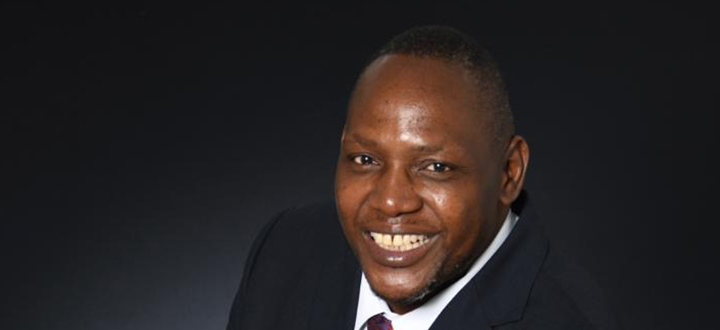 Aiming at new heights: Professor Mashau takes helm as CHS's Deputy Dean
Aiming at new heights: Professor Mashau takes helm as CHS's Deputy Dean
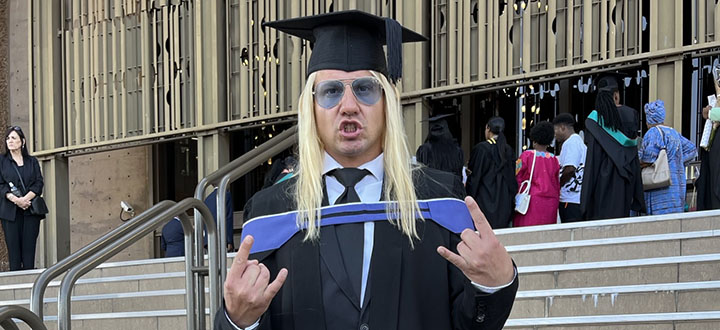 Don Cobra strikes a new chord: Musician earns a business degree
Don Cobra strikes a new chord: Musician earns a business degree
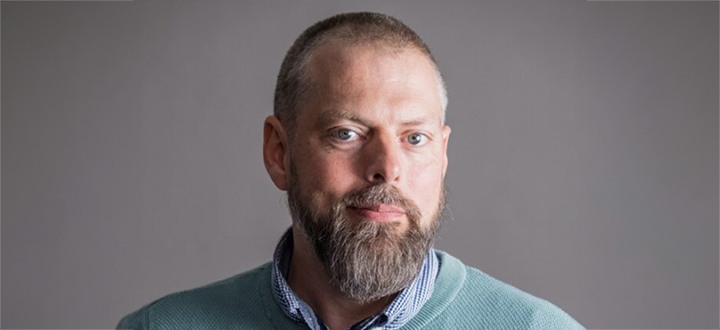 Unisan to lead Southern Africa region in "Building Equitable Futures Together" project
Unisan to lead Southern Africa region in "Building Equitable Futures Together" project
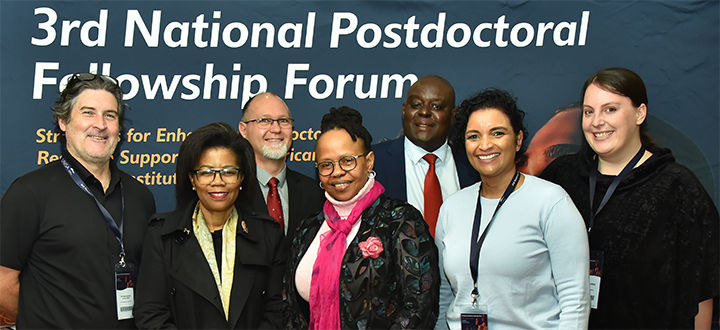 Unisa kicks off National Postdoctoral Fellowship Forum
Unisa kicks off National Postdoctoral Fellowship Forum